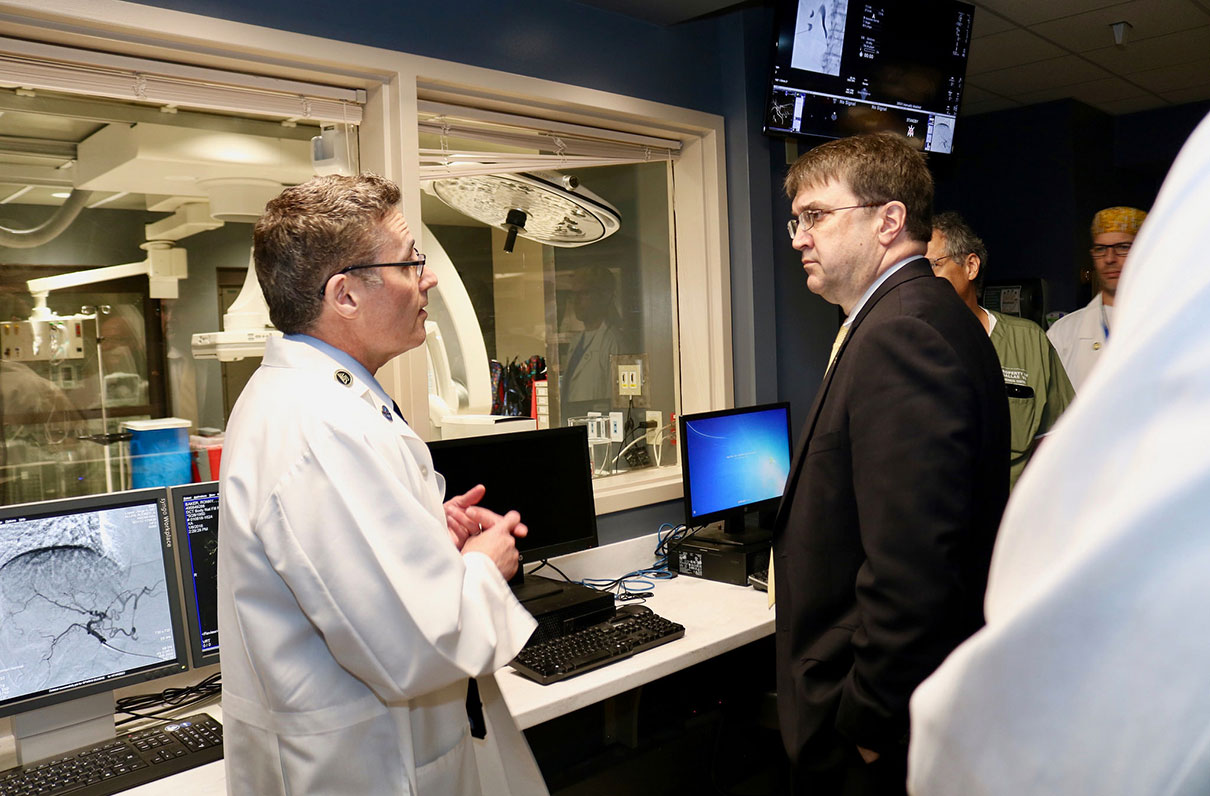These last few weeks Congress has feverishly worked to pass a number of spending bills to ensure the federal government is funded when the new fiscal year starts Oct.1.
Among a series of spending measures sent to President Trump last week was the Department of Veterans Affairs (VA) appropriations. The VA will receive its full budget for FY 2019 and partial advance funding for FY 2020 to assure continuity of veterans' health and disability, education, survivors, memorial and other benefit payments between fiscal years.
The appropriations bill is the VA's largest spending bill in history, providing more than $197 billion for health and benefits programs-over $86 billion in discretionary (mostly medical-related programs) and over $110 billion in mandatory benefit payments.
Key provisions contained in the bill:
- Funding to support the new VA MISSION Act, including additional funding for community care, expansion of VA's comprehensive caregiver services and money to modernize medical facilities.
- Expanding mental health services, including integration of mental health with primary care services through telehealth, medical centers and community clinics.
- Directing more resources to the delivery of care in rural communities.
- Funding to redesign VA's health care delivery system to better meet the needs of women veterans.
- Funding for a variety of treatment and prevention programs targeting opioid abuse, substance disorders, and justice outreach for homeless veterans.
- Expanding long-term care programs in both institutional and home settings.
- Establishing a new pilot program to develop best practices and support services for providing hospice and non-palliative care to meet the unique needs of combat veteran.
- Funding to modernize VA's electronic health record and appointment scheduling systems.
- Requiring VA to track and monitor individual debt resulting from delays in processing veterans benefits.
- Funding for the appropriate staffing and resources to reduce wait times and backlog of disability claims and appeal decisions
The veterans spending bill was part of a larger package of bills providing funding to three other federal agencies, defense for military construction, water and energy, and the legislative branch. The minibus appropriations package represents the first time in over 10 years Congress has sent more than one spending bill to the president before the end of the fiscal year.
